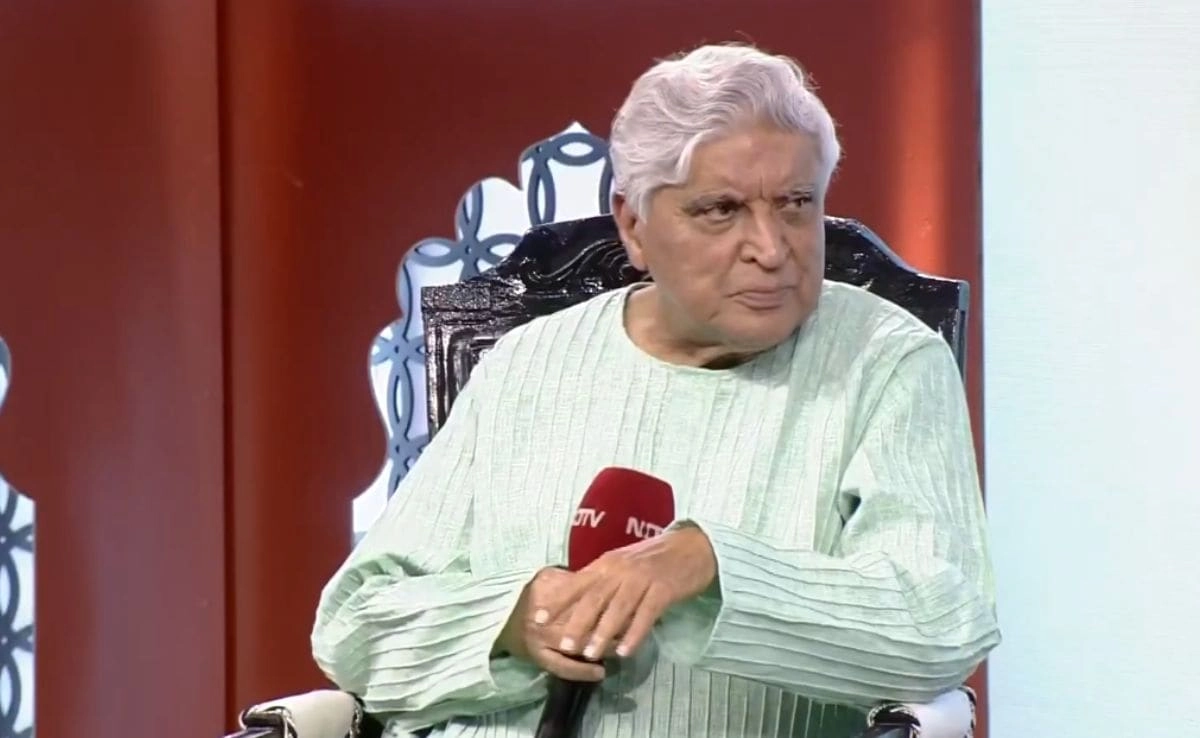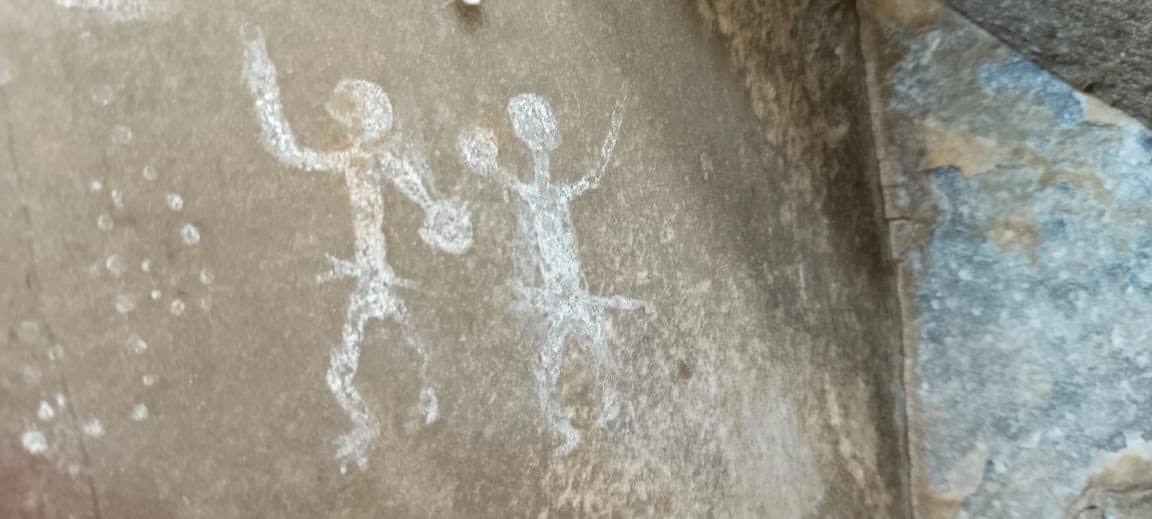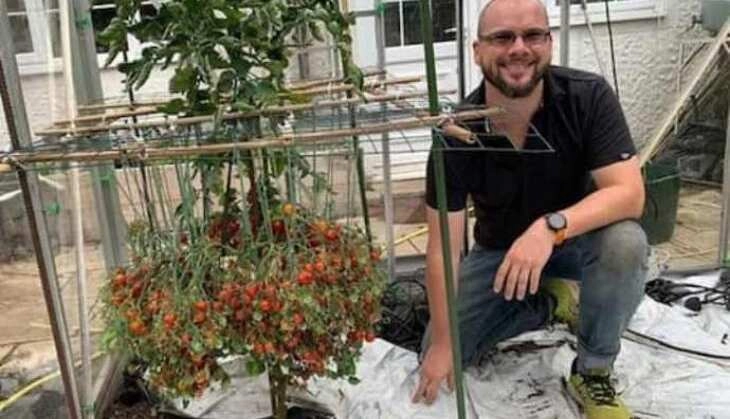In a recent commentary, renowned poet and lyricist Javed Akhtar expressed his deep concerns regarding the alarming state of societal values, particularly in light of the recent honeymoon and drum murder cases that have captivated public attention. He pointed out that society seems to awaken only when horrific incidents occur, reflecting a disturbing trend where the collective conscience is often dormant until tragedy strikes. Akhtar’s observations serve as a poignant reminder of the need for continuous vigilance and proactive engagement in addressing societal issues, rather than waiting for incidents of brutality to galvanize public sentiment.
Akhtar’s reflections highlight the necessity for a cultural shift in how we perceive and respond to violence and injustice. The honeymoon murder case, which involved the tragic and brutal killing of a newlywed, shocked the nation and sparked widespread outrage. Similarly, the drum murder case, where a body was found encased in a drum, further underscored the grim reality of violence that permeates society. These incidents, while extreme, are symptoms of deeper societal malaise, suggesting a pervasive culture of indifference and apathy towards human suffering. Akhtar’s call to action emphasizes that it is crucial for individuals and communities to foster a proactive approach, promoting empathy, compassion, and justice long before tragedies unfold.
Moreover, Akhtar’s insights invite a critical examination of the media’s role in shaping public discourse around such heinous acts. Often, sensationalized reporting can lead to a fleeting outrage that dissipates quickly, leaving the underlying issues unaddressed. Instead, Akhtar advocates for a sustained dialogue that not only addresses the immediate aftermath of these tragedies but also delves into the root causes of violence in society. This involves engaging in meaningful conversations about mental health, societal norms, and the impacts of systemic issues such as poverty and inequality. By fostering an environment of understanding and support, society can work towards preventing such tragedies from occurring in the first place.
In conclusion, Javed Akhtar’s reflections on the honeymoon and drum murder cases serve as a clarion call for greater awareness and action within society. It is imperative that we do not wait for the next shocking headline to stir our consciousness. Instead, we must strive to cultivate a society where empathy and justice are ingrained values, allowing us to confront and resolve issues of violence and injustice proactively. Only through sustained commitment and collective effort can we hope to build a safer, more compassionate world for future generations.




